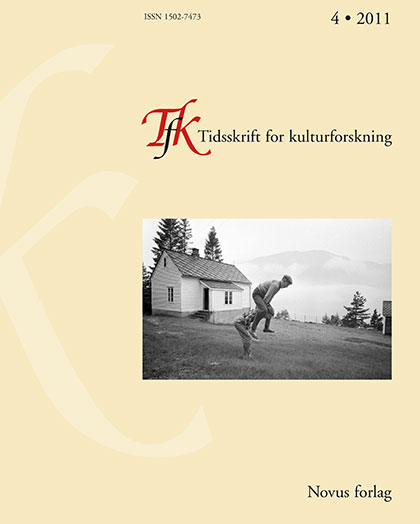Sammendrag
As non-Western countries are becoming increasingly prominent in the international field of sport, a new political rhetoric is also promoted by the field's top organisations and executives. Socio economic and developmental benefits are today major aspects in initiatives by non-Western actors aspiring to host international sporting events. The article explores the historical background for, and the current expression of this trend within international sport, using the FIFA 2010 World Cup in South Africa as the empirical backdrop. Two dimensions are key in the analysis of this tendency: The logic of identity, referring to the cultural and societal meaning of sport, and the logic of capital, referring to the financial and commercial potential of sports-related investment. These two logics are today linked together to the point of merger. The proposed link between the two entails certain challenges, however, jeopardising the legacy of sporting mega events.
Forfattere beholder opphavsretten og gir tidsskriftet rett til første publisering av arbeidet. En Creative Commons-lisens (CC BY-SA 4.0) gir samtidig andre rett til å dele arbeidet med henvisning til arbeidets forfatter og at det først ble publisert i dette tidsskriftet.

